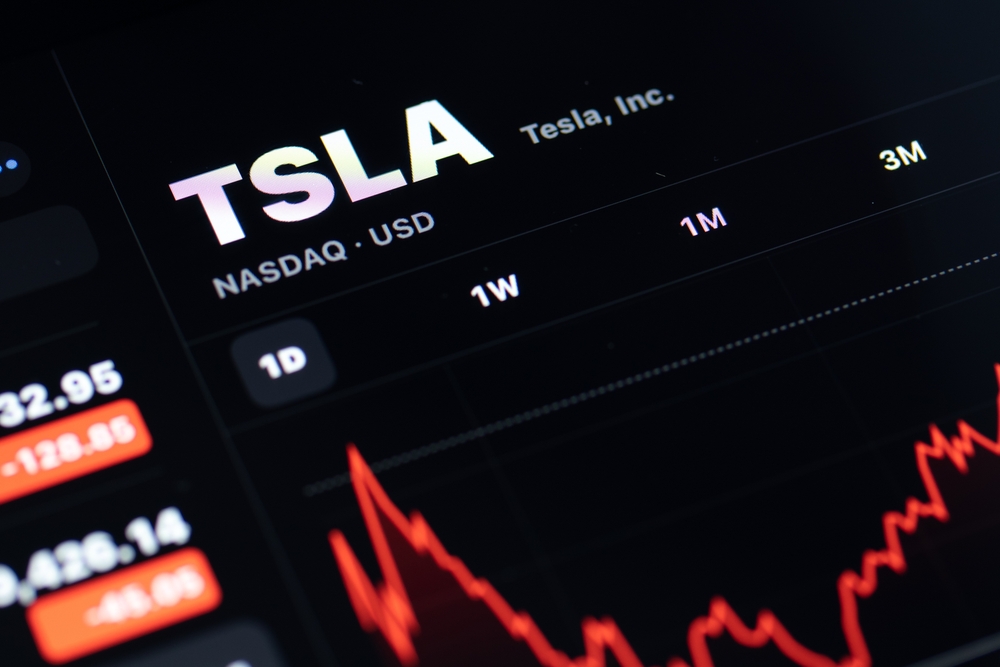
Tesla stock is nudging higher on Wednesday as its post-election rally picks up steam.
Thanks to Elon Musk’s outspoken support for Donald Trump, Tesla has added nearly $250 billion to its market up since Oct 23, with the stock up over 23%. Yet Wall Street is urging caution.
Tesla’s recent Q3 earnings report revealed $0.72 per share on $25.18 billion in revenue—a 9% increase in earnings and an 8% revenue bump year-over-year. Gross margins also improved, reaching 19.8%, a welcome boost.
Tesla shipped 462,890 vehicles globally in Q3, marking a 6.4% increase from the prior year. Management now targets over 515,000 shipments in Q4 2024.
In its latest earnings call, CEO Elon Musk hinted at an upcoming, more affordable EV aimed at budget-conscious buyers, with a target price “under $30K” after incentives.
For comparison, Tesla’s current entry-level Model 3 retails at $42,490, according to Carfax.
While Q3 earnings and optimism around new products are buoying Tesla, challenges remain. Chief among them is China, one of the world’s largest EV markets, where Tesla is losimh ground.
China sales slump again
Tesla expects solid sales in the last quarter of this year, but China is unlikely to drive that growth.
According to data from the China Passenger Car Association (CPCA), Tesla's EV sales in China dropped 5.3% year-over-year in October. Worse, Model 3 and Model Y deliveries sank 22.7% from September.
Tesla's market share in China is also on the decline, slipping from 10.5% at the start of 2023 to 6.7% by year’s end, per Bloomberg.
Meanwhile, Tesla’s main competitor, BYD (BYDD), hit a new high with passenger vehicle sales, reaching 500,526 units in October—a 66.2% surge from the prior year and a fresh monthly record.
Notably, BYD's overseas sales made up 6% of this total.
As InvestorsObserver recently noted, BYD is now outpacing Tesla across several key financial metrics, including revenue. With a market cap roughly one-sixth of Tesla's, BYD also carries lower valuation risks.
Musk’s push toward affordable EVs isn’t without reason—Tesla’s lineup is aging, while competitors are rolling out new, lower-cost models at a faster pace.
BYD, for instance, offers the ultra-affordable Seagull, priced around $9,800, with two battery options and a range of 300-400 kilometers.
Analysts credit BYD’s gains partly to aggressive pricing, including a nearly 12% cut on its best-selling export, the Atto 3.
China Merchants Bank International analyst Shi Ji noted that while these cuts could impact BYD's margins, lower supplier costs may help offset the pressure.
Your email address will not be published. Required fields are markedmarked